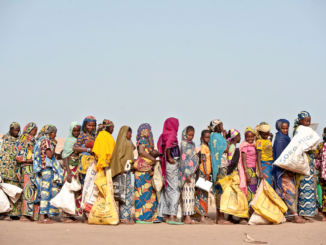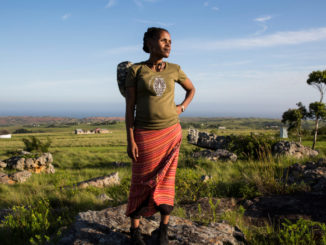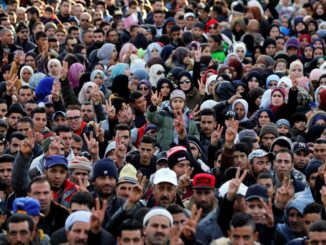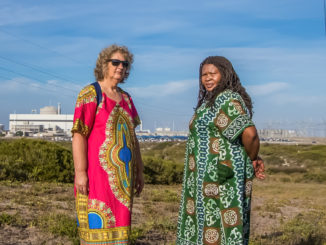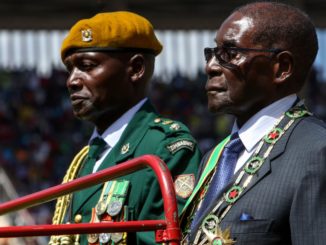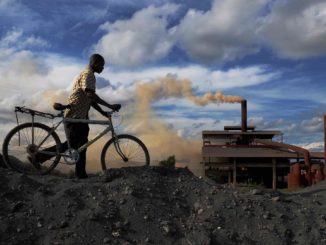
What Recent Struggles in Gambia and Zambia Teach us About Neo-Colonialism Today
The economic exploitation of Africa which marked centuries of foreign rule has continued past the time of many of the region’s independence struggles. Though foreign rule politically and officially ended with many nations’ independence, primarily in the decades following World War II, economic colonialism has continued throughout much of the continent – particularly where natural resources are concerned.

